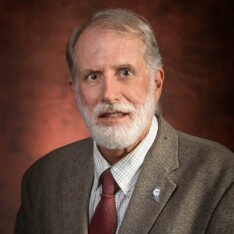

by Randall G. Holcombe
The Federal Reserve and the Biden administration seem to have a very casual attitude toward inflation. When inflation started to draw some attention, the Federal Reserve’s official line was that it was transitory.
In June, Federal Reserve Chairman Jerome Powell said it was temporary, and John Williams, President of the New York Federal Reserve Bank, predicted inflation for 2021 to be around 3%. In response to this month’s inflation numbers, President Biden said this is the peak, and inflation should decline rapidly after this peak. He blames inflation on supply chain issues.
There is some truth to the claim that the current inflation is in part due to the economy’s recovery from the government’s COVID policies that shut down lots of businesses and put lots of people out of work. But, those factors also contributed to subdued demand and lower inflation in 2020.
The Federal Reserve claims to have an inflation target of 2%. Why the target should even be that high is another question, but let’s look at the inflation numbers in light of the Fed’s target.
Inflation, November 2020 to November 2021 was 6.8%, the highest it’s been since 1982. Inflation from November 2019 to November 2020 was 1.2%. So, the average over the past two years has been 4%, double the Fed’s target rate.
The experience of the 1970s showed that once inflation starts, stopping it is a slow and painful experience. The threat of inflation has been apparent for some time now (here’s what I said about it in May), but those who have the power to do something about it seem to have the attitude that it will go away on its own.
It won’t.




